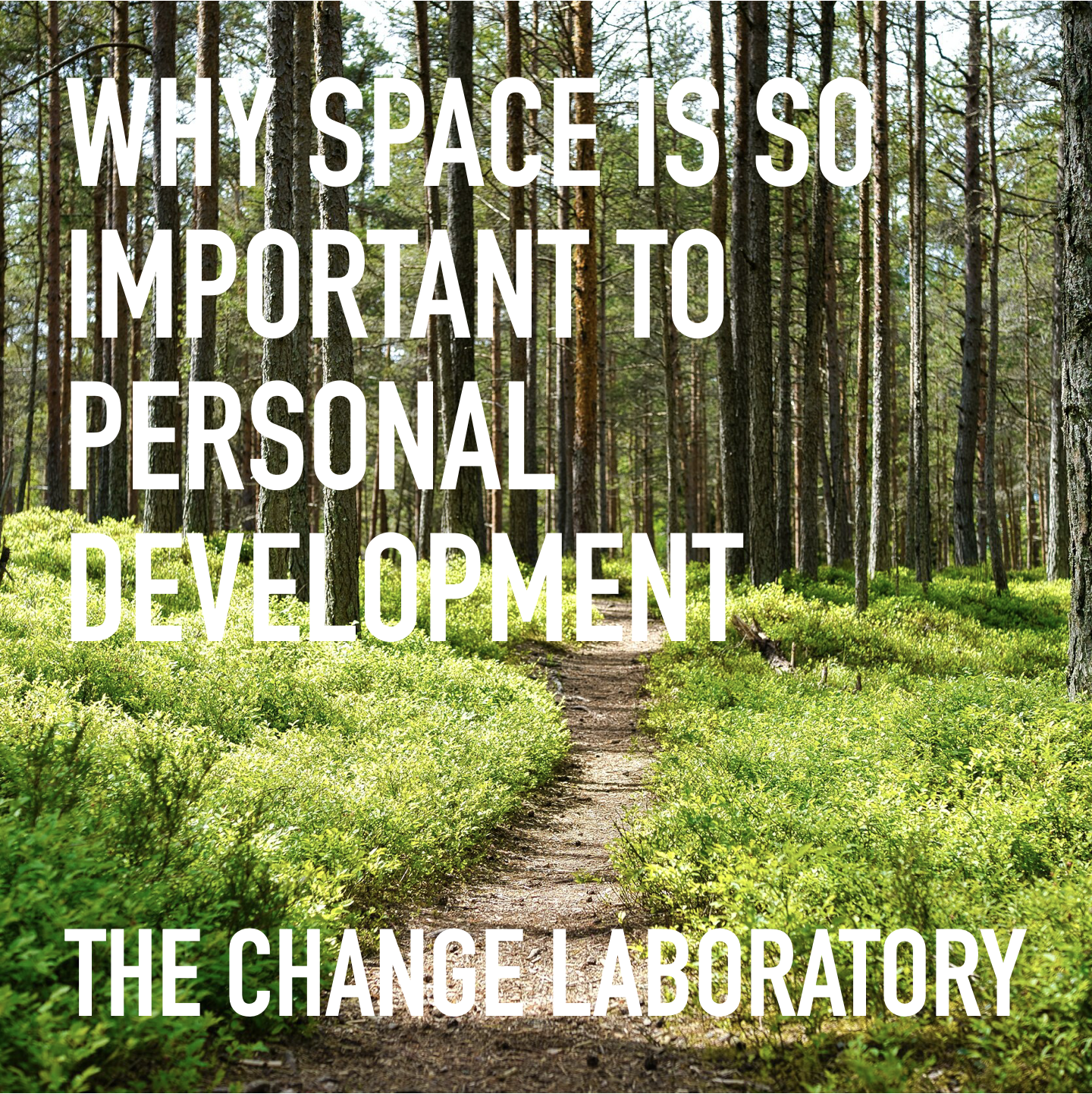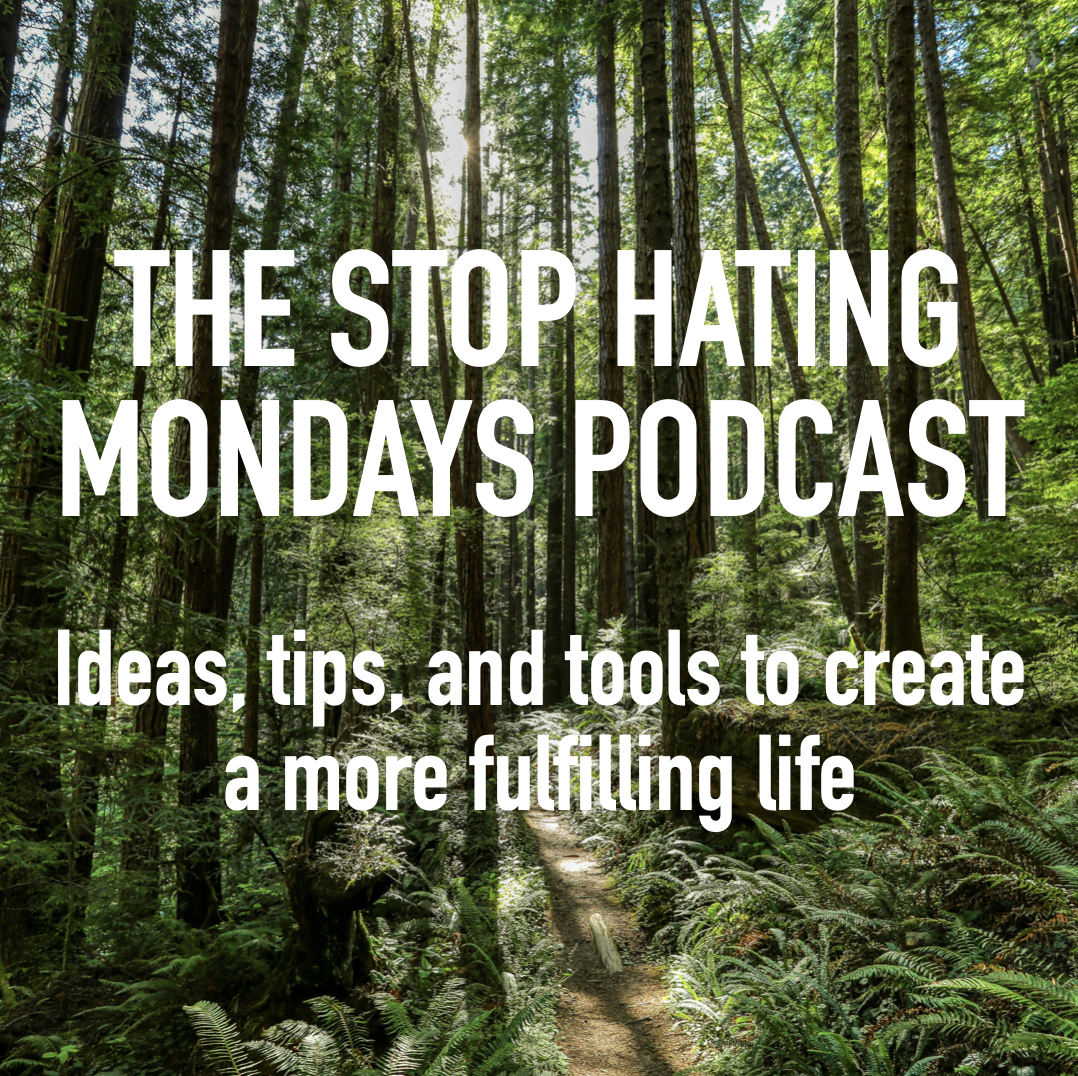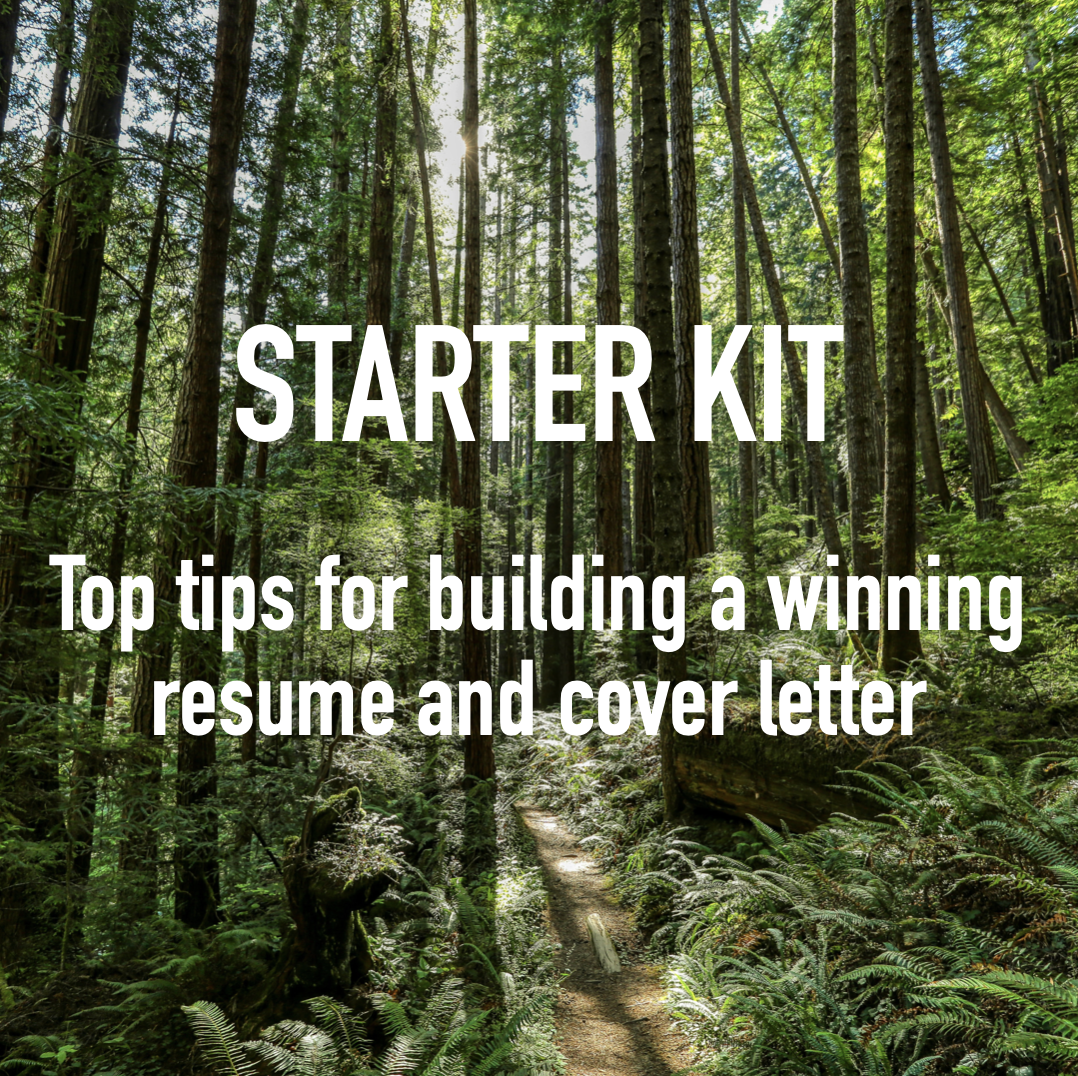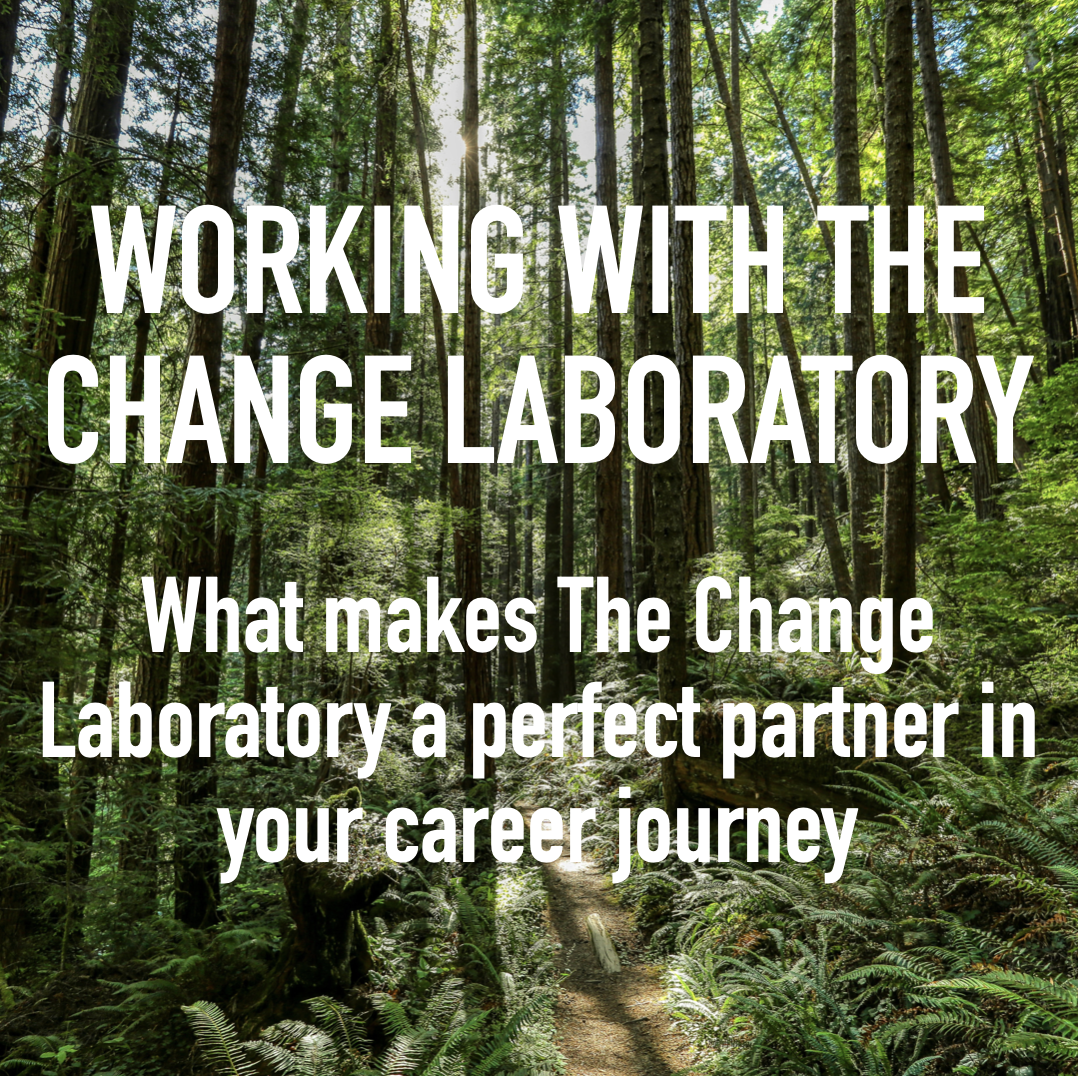Why Space Is So Important To Personal Development
Kent R.
Most of us live in a culture that is obsessed with more. For example, here in the US, the self storage industry is a $40 billion dollar business. That’s $40 billion dollars people spend every year to store stuff they don’t have space for or don’t need but are unwilling to get rid off.
And that’s just the physical stuff.
Just as common are the people who are unwilling to let go of old mindsets, beliefs, and habits that no longer serve them – and there is no option to offload those to a temperature controlled storage unit down the street.
On this episode of the Stop Hating Mondays Podcast, we’re talking about how important space is to personal development.
Subscribe to the Stop Hating Mondays Podcast on Apple Podcasts, Spotify, Google Podcasts, Stitcher, Amazon Music, or Overcast.
TRANSCRIPT
Caanan
Most of us live in a culture that is obsessed with more. For example, here in the US, the self-storage industry is a $40 billion business. That's $40 billion people spend every year to store stuff they don't have space for. They don't need. They're unwilling to get rid of.
And that's just the physical stuff.
Just as common are the people who are unwilling to let go of old mindsets, beliefs, and habits that no longer serve them. And sorry to say, there is no option to offload those to a temperature-controlled storage unit down the street.
On this episode of the Stop Hating Mondays Podcast we're talking about how important space is to personal development.
Caanan
We love hearing from listeners and former clients who have worked elements of the Stop Hating Mondays book. I think it's like our favorite part of the job. Honestly. So I was excited to share this from Taylor. He said, “thanks to the passion section of Stop Hating Mondays, I examined my beliefs. Yikes. And I've let go of some of the things that don't matter.”
Well, will you Kent… will you just speak to the power of letting go of “things that don't matter?”
Kent
Yeah, I'm so glad that Taylor got in touch and that this is coming up right now because it's such an important topic right now as we're coming out of the global pandemic years of turmoil, world insecurity… And I was just reading the most fascinating article this morning, talking about how we're clinging to the idea of certainty. And the problem with that is that certainty is more spare than it was three years ago, before the pandemic.
Caanan
Which is why we're clinging to it.
Kent
And yeah, so the ability to cling to uncertainty is a really great ability. And this is why I probably like talking about the passion section of Stop Hating Mondays more than any other section because we say it all the time: “Passion arises when you align your strengths and values to different aspects of your life.”
So here we're linking the first two stages of Stop Hating Mondays into this third stage. #1, you're figuring out your strengths and values. #2, you're looking at your entire life, you're getting real about your life. So you can be ready for Step 3, which is passion.
And passion arises when you align your strengths and values with different aspects of your life. In order to do that, you need to know what your strengths and values are, and you need to have that full grasp of your life. So, what it does, as is the case with Taylor, you can see much more clearly what you've been clinging on to – and usually it's related to this idea of certainty – and then you realize, “I've been holding on to all this stuff, all these activities.”
You know, we ask people to keep detailed account of what they do in a two week period and then to look at it and say, “OK, how am I spending my? Which of these things energize me? Which of these things… to me, so many of those things are not only depleting, but they're easily trashed.” You can get rid of those things! People find they're not required work functions. They're not things that anybody is making them do. You can get rid of those things.
Same goes with beliefs. We ask people to question what currently makes up their decision-making process. So in the absence of self-knowledge, those strengths and values that we're always talking about, people will kind of realize like, “whoa, my filter has become what my employer tells me or what my friends believe. What my family believes. What a politician believes. What my religion believe.” All of these things that are ultimately usually outside of who you are. So the joy of living with passion – when you're able to combine your prior work on strengths, values and your life wheel – is you realize there's all this space, energy, and time cleared up for what is right.
And Taylor's realizing that.
Caanan
As I said in the opening, space is especially important when it comes to personal development. You kind of talked about this in what you were just saying, but will you go more into why space is so important in personal develop.
Kent
Yeah, and this comes… You know, people are – just back to what I said a few minutes ago – are just terrified of the unknown and because of that, they really want certainty. The problem is the certainty surrounding them isn't very appealing. This is where we meet people. It's like these are the only options. I see and I don't like any of them. I feel stuck. I feel angry. I feel unable to move or grow or anything and then they realize that. They're clinging on to certainty, so this is really about uncertainty and getting in touch with what you're made of – your strengths and values – and relying on that self-knowledge to help inform the what's next for you.
One of the things we always talk about with clients regarding space is: making little changes in your life. You have to spark moments in your life where you can actually snap out of your patterns and see where you could inject space so that you can experience the array of possibilities that will pop up when you've injected space. And you can see what else might feel right.
Caanan
Yeah, I was just thinking – as you were talking like this idea – like you can’t have it all. Well, the fact is, you can't have it all and you don't want it all. You have to let go of certain things! Especially things that are no longer working for you or, in Taylor's case, that no longer matter. But in fact we don't. We're not comfortable letting go of those things because they're familiar. We stick with the devil we know, even though we hate it.
Kent
And we start piling on.
Caanan
And we start piling on because we think we can… we can just shove more on. Like we can put more good on top of all the bad and we'll somehow have space for that. But it's not how it works.
Kent
And we spent a lot of time talking with work groups and leaders about periods of push and periods of letting up. And the best work groups know that when individuals in the work group have periods of letting up or space, that's when all the magic happens.
So in terms of how this works in a work group, it's about companies and work groups that foster individuals’ ability to take on projects of interest. That, of course, help the organization, but to use their own imagination and intuition and tactical skills to build something they're passionate about. So the letting up stages really allow people to flourish and grow, which pushes them forward and pushes the entire work group forward. So yeah, like you said, this, this, what piling on and just being in constant push mode. So you're constantly pushing, you're clinging to certainty. That's not a great place to be.
Caanan
You and I were recently discussing the shadow side – the negative aspects – of the passion conversation. Specifically, we were talking about how everyone is so busy pursuing passion that sometimes pursuing passion can be counterproductive.
Would you share a little bit about that conversation we had?
Kent
So recognizing that – back to what I was saying – where first you're aware of your strengths and values. Second, you have a grasp on the aspects of your life that are working and those that need attention. You leverage those two things and you can confidently have insight into something whether something is a passion or not. And having that insight allows you to then quickly release what isn't actually a passion.
Which brings me to you know, again something we talk about all the time, it's OK for things just to be interests. Not everything has to be this passion that you're pursuing at 100%. If you're not wired to be doing something, it's always going to have a frustrating element to it. So let it go. Don't look at it as this passion that you have to have mastery level skill at. Look at it as an interest that you just dink around with on the side.
So having that self-knowledge gives you the framework to decide, “is this a passion? Should I be going full steam ahead or should I let it go? Or should I call it an interest?”



